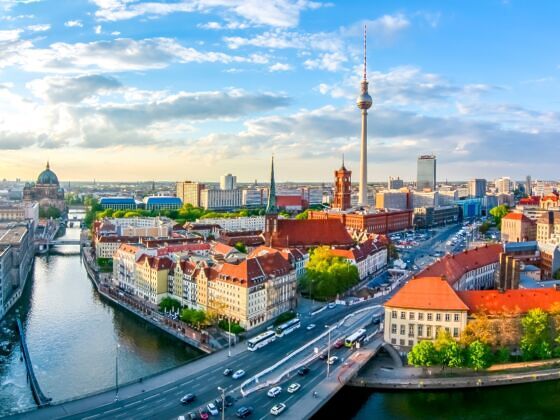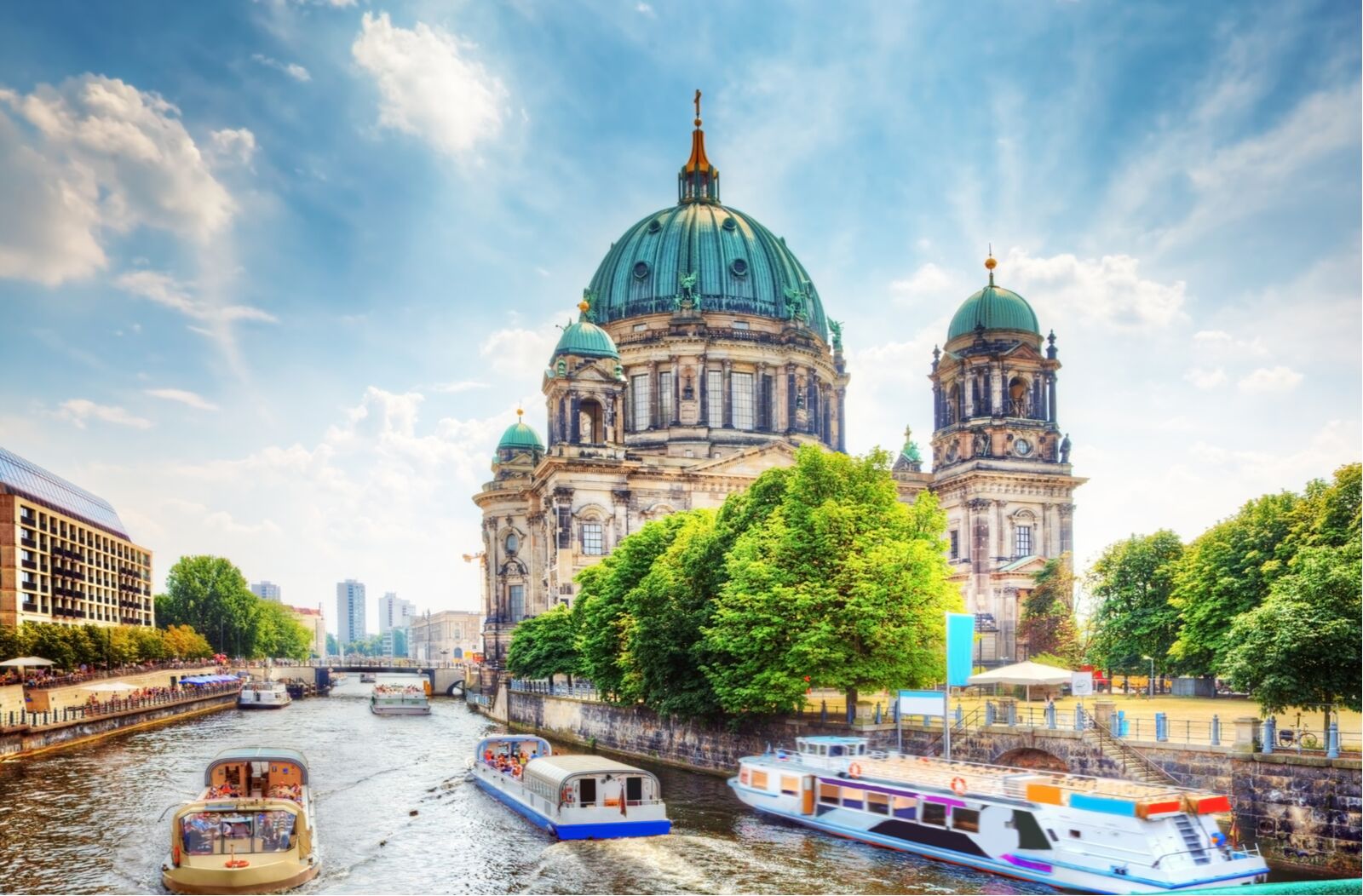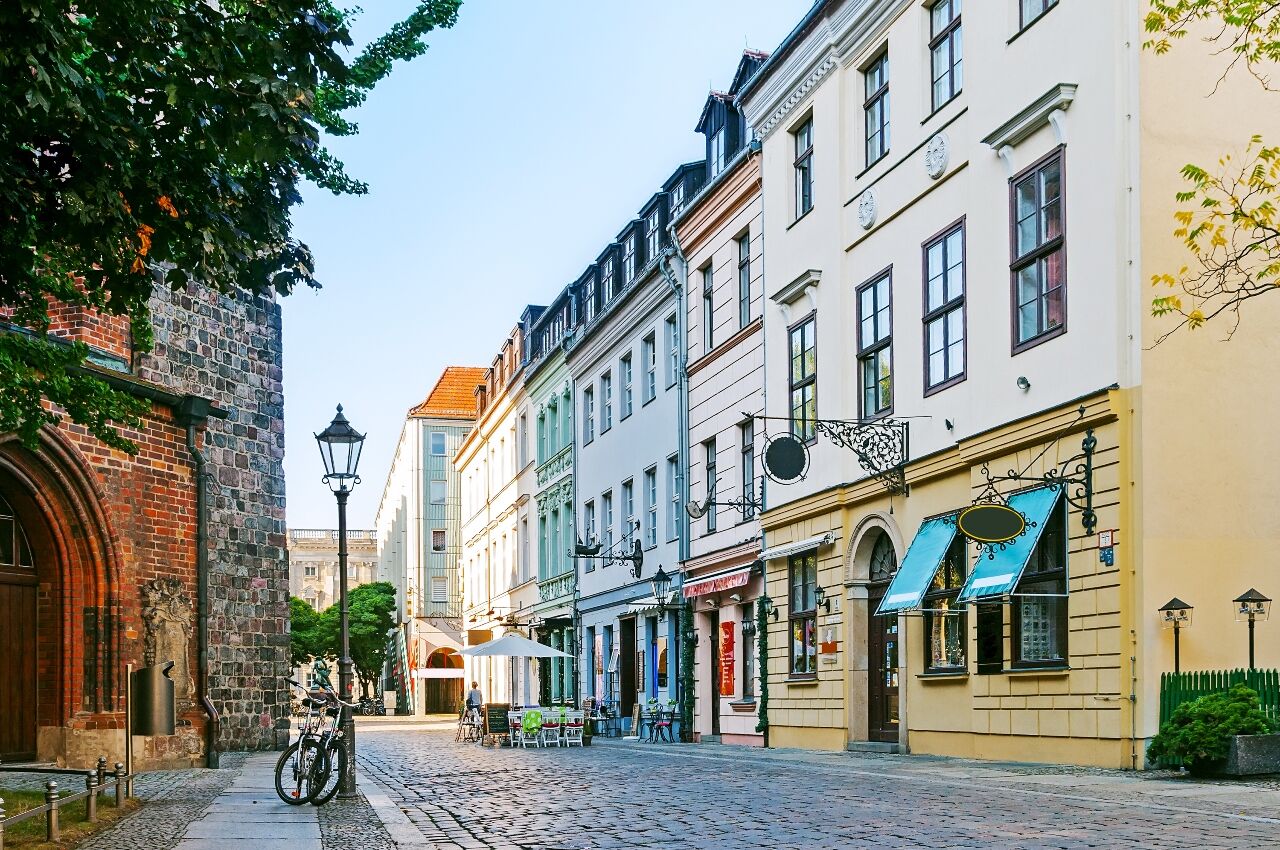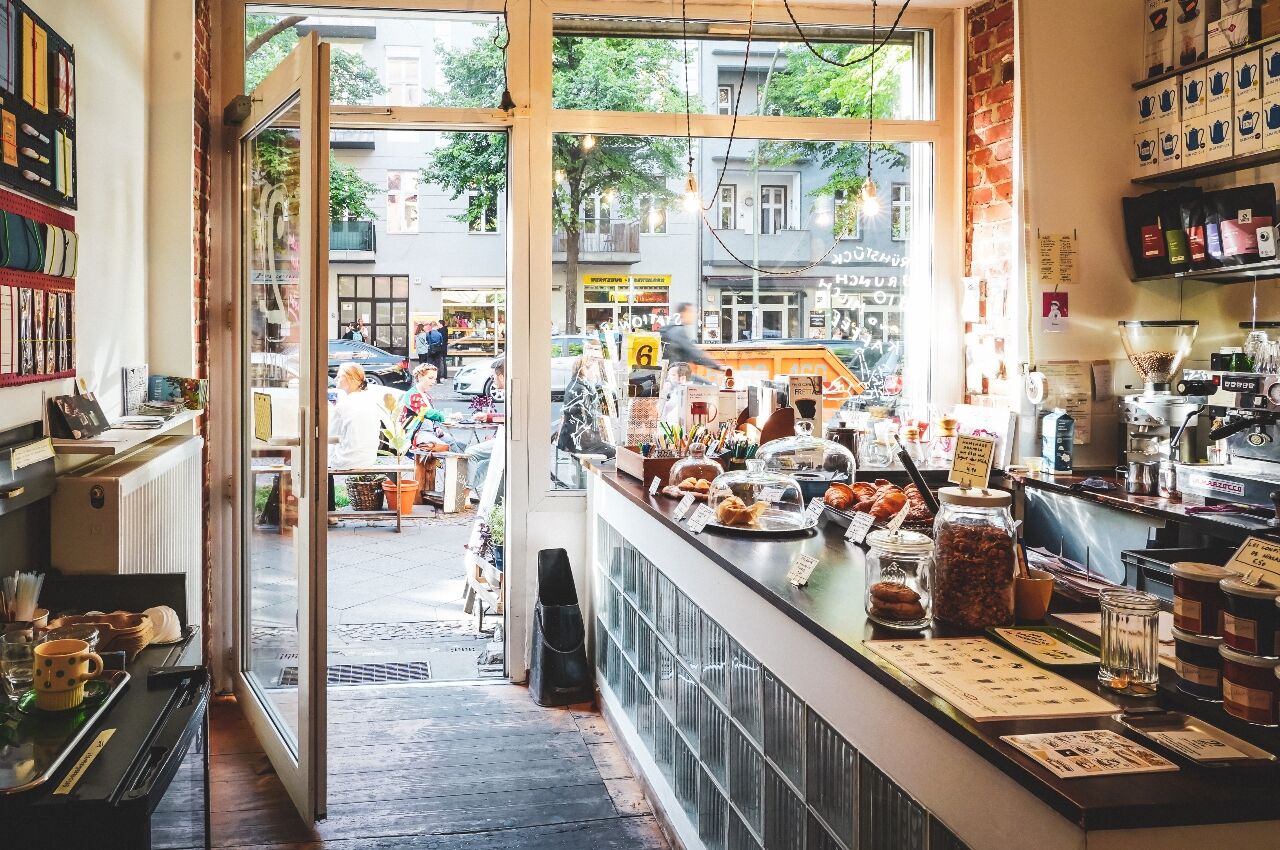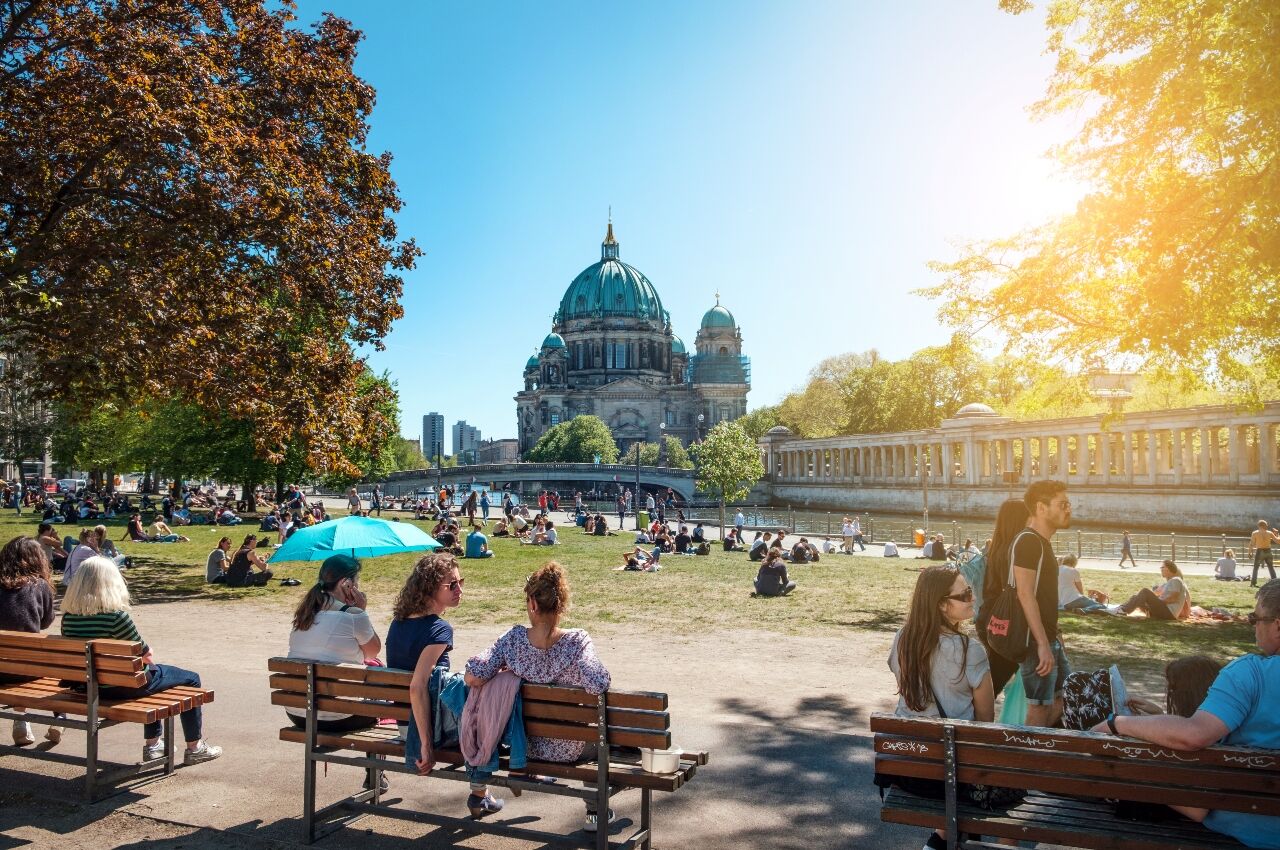Being an expat in Germany comes with a high standard of living and easy access to many neighboring European countries. The robust economy, lively and affordable cities, and stunning rural countryside have attracted expats from around the world.
Berlin in particular is a popular base. Around one-third of the Belin’s residents are from overseas, and many expats add to this multicultural population. The city is an enriched cultural hub and has attracted creatives and entrepreneurs who take inspiration from the magnificent architecture and artistic offerings.
